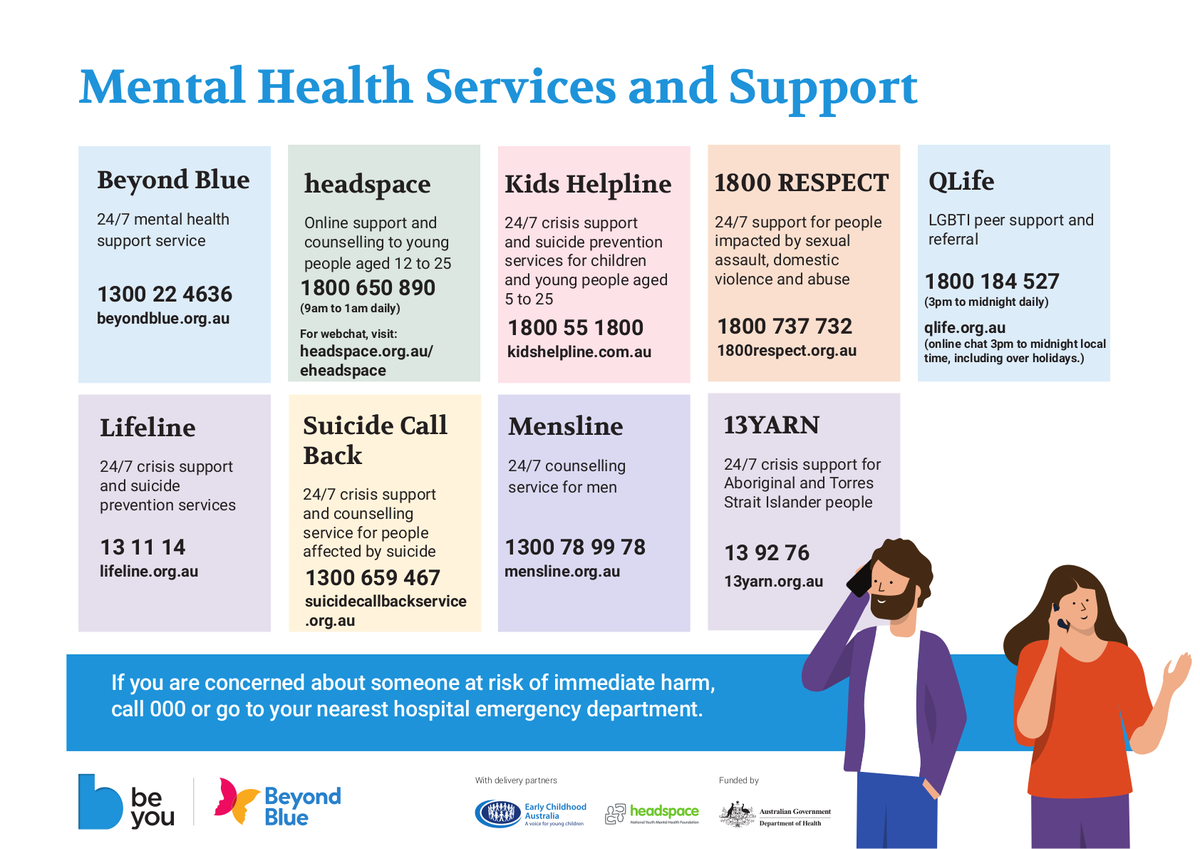Wellbeing @ NLPS

Wellbeing at NLPS
At Newport Lakes Primary School we feel it’s important to educate the whole child. This directly aligns with the Department of Education (DET) FISO 2.0 model, where learning and wellbeing are acknowledged as being as equal and important as each other.
Wellbeing positively influences student learning outcomes, and success in learning enhances student wellbeing,’ also aligns with our school’s vision ‘to develop students that are resilient, responsible, respectful and compassionate within a safe and nurturing environment.’
Some examples of how we have implemented whole school wellbeing priorities are by:
Being a Lead school for the implementation of the Respectful Relationships (RR) Program. The RR program supports schools to promote and model respect, positive attitudes and behaviours.
Having a whole school Restorative Practices approach, that encourages behaviour which is supportive and respectful. It puts the onus on individuals to be truly accountable for their behaviour and to repair any harm caused to others as a result of their actions, enabling student relationships that have been damaged to be repaired.
Utilising School-Wide Positive behaviour Support (SWPBS) framework, which brings together our community to develop positive, safe, and supportive learning cultures. SWPBS assists to improve social, emotional, behavioural and academic outcomes for children.
Our updated Values Matrix is in line with the SWPBS approach.
Newport Lakes has chosen 5 core values, these are:
Respect, Responsibility, Resilience, Compassion and Critical Thinking.
Teachers also give a ‘Value Award’ at whole school assemblies. By having school values, we further encourage, support, and nurture the development of our students. Our values empower staff and students to be authentic and proactive, whilst ensuring ethical intelligence, academic diligence and relational trust, which supports the development of good behaviour and character.
Our well-regarded Health curriculum is embedded in our regular lessons and includes activities from the Respectful Relationships learning materials , Child Wise, cyber safety and from Bounce Back! (A whole-school program that uses blended learning and provides teachers with practical strategies to explicitly teach wellbeing and resilience skills, to help students ‘bounce back’ and cope with the complexity of everyday life.)
Prioritising and providing opportunities for student voice & agency, both in the classroom and wider school community ensures students feel empowered as learners. At NLPS we acknowledge that student voice is a powerful driver to motivate learning and recognise that all students are able to participate, learn and lead. Student voice and agency acknowledges that students have unique perspectives on learning, teaching, and schooling and should have the opportunity to actively shape their own education.
Junior School Council (JSC) is one avenue where students are able to access authentic opportunities to develop a voice. The chance to be heard and be involved as key stakeholders ensures that viewpoints from a range of perspectives are heard and this in turn leads to more informed decision making.
The ‘Chill Room’ room offers a quiet, relaxed environment students can access during lunchtime under the supervision of staff.
Sam Meddis, our Mental Health and Wellbeing Leader has her office open for students to pop in and chat. Students can also add their name and grade to the whiteboard on her office door outside these times and she will follow-up with the child at a later time. This extra support option reassures students that they have a safe place where they can go and talk if they are upset. It also assists in giving students the necessary skills to manage stress and conflict, whilst improving their self-confidence, self-esteem, and overall social skills.
Offering a range of lunchtime clubs helps build student engagement, social skills and inclusion for all students. Our clubs also support students who may struggle with the lack of structure lunchtimes can bring.
The Student Welfare Team at NLPS
We welcome this year Carol Martins as our Inclusion Learning Specialists. Carol will facilitate Student Support Group (SSG) meetings and will support staff with Individual Education plans (IEPs) across the school. Carol will also support the organisation of Disability Inclusion Profile meetings.
Sam Meddis our Mental Health and Wellbeing Leader works closely with Mat, the school’s Welfare Coordinator (as part of his Acting Assistant Principal responsibilities), as well as classroom teachers and education support staff, to assist with the learning and wellbeing of students in a range of ways.
The School Welfare Team works with staff to shape the Health and Personal and Social Capability area of the Victorian Curriculum. At times they run proactive educational sessions delivered to a year level, individual classes, as well as facilitating small group or individual wellbeing or counselling sessions (also known as Tier 2 or 3 strategies according to our school’s own Response to Intervention doc).
Some areas of focus for these sessions are:
- Self-awareness
- Self-management
- Social awareness
- Relationship skills
- Responsible decision-making
The Welfare Team also supports staff with strategies and upskilling to promote mental health and wellbeing for students. They use whole school data to prioritise needs and areas of focus. The aim of the Welfare Team is to promote and maintain effective learning, positive mental health, good physical health, and the social wellbeing of students within the school’s care.
What to do if you think your child needs help with their wellbeing or learning
Your first point of call is always the classroom teacher. Our wonderful teachers are well equipped, compassionate, and responsive. You can contact your child’s teacher through Compass, or you can email the school and ask them to forward the email to the classroom teacher. Teachers will aim to get back to parents within 48 hours.
Teachers will then manage these individual student needs within their classrooms however, if the teacher feels that the student requires further support, they will ask parents to fill out a Parent Consent form, so that a referral can be made to the Student Welfare Team. The team will then triage and prioritise the needs of the student within in the wider school context.
By working together, we can continue to build relationships, foster connections, enable understanding and break down barriers, as we navigate a pathway towards better mental health and wellbeing for our all our students, ensuring better social and academic outcomes as well.
The Resilience Project (TRP)
As we commence our journey with The Resilience Project, we will be gathering student resilience and wellbeing data from students in year 3-6, to establish a robust evidence-base in order to support and maximise wellbeing for our students. All data is deidentified and will be used to monitor the effectiveness of TRP and ensure that our school is supporting student wellbeing effectively.


